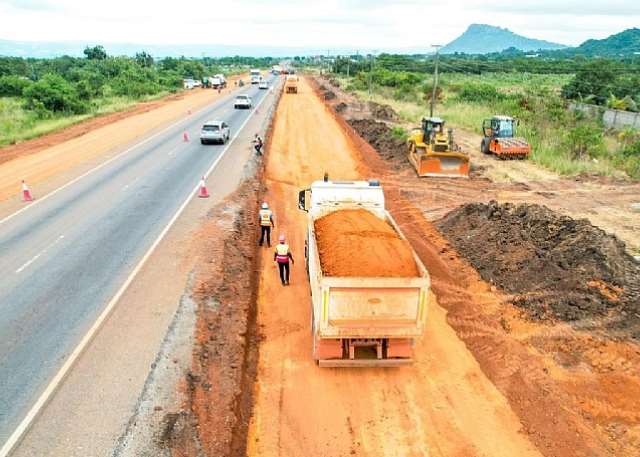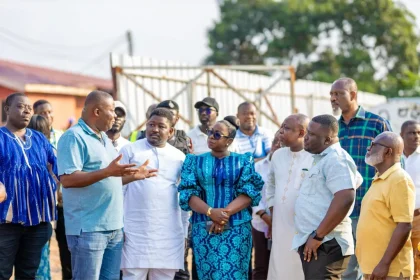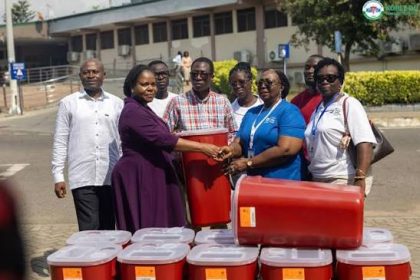The government of Ghana plans to invest US$10 billion over the next three years under President John Dramani Mahama’s ambitious Big Push initiative, a nationwide infrastructure programme aimed at transforming the country’s economic and social landscape through large-scale public works and job creation.
Announced as one of the flagship policies of the Mahama administration, the Big Push is designed to channel substantial resources into roads, schools, hospitals, housing, agriculture, and industrial development. The goal, according to the President, is to complete long-abandoned projects, open up rural areas, and lay the foundation for a modern, connected economy that supports millions of jobs.
Speaking at the launch of a road project in the Western North Region in July, President Mahama described the initiative as “the largest coordinated investment in Ghana’s infrastructure since independence.” He said the Big Push would target critical economic corridors—especially farm-to-market roads, cocoa transport routes, and inter-regional links—to ease movement of goods and people while boosting productivity in agriculture and manufacturing. “These roads are not a luxury,” he said. “They are the veins that keep our economy alive.”
The programme will be financed primarily through oil and mineral revenues, supported by public-private partnerships and concessional loans. According to government sources, about US$2 billion a year will be released to fund the projects, with strict monitoring to ensure value for money. President Mahama has pledged transparency in how these funds are managed, saying the initiative will be “a model of accountability in the use of national resources.”
In a meeting with the Public Interest and Accountability Committee (PIAC), he reiterated that petroleum receipts will be strategically invested in infrastructure rather than consumed through recurrent expenditure. “Ghanaians must see the direct impact of our natural resource wealth in their daily lives,” he said.
Beyond roads, the Big Push will support the construction of new classroom blocks, technical and vocational training centres, regional hospitals, and irrigation facilities. It also aims to revitalise Ghana’s industrial base by completing unfinished factories, establishing agro-processing hubs, and promoting the President’s proposed 24-hour economy model, which encourages round-the-clock production and employment.
According to the policy framework, the programme will create tens of thousands of jobs across sectors, especially for artisans, engineers, and youth entrepreneurs. The government says local content will be prioritised to ensure Ghanaian firms benefit from contracts and technology transfer.
President Mahama has instructed the Ministry of Finance to clear outstanding arrears owed to contractors before the full rollout begins, to avoid repeating the delays and cost overruns that have plagued past infrastructure drives. “The Big Push will not only build roads and bridges—it will build confidence,” he told journalists at his first media encounter since returning to office.
Analysts view the initiative as a cornerstone of Mahama’s development vision, complementing broader economic recovery measures following recent fiscal tightening. Economic experts say if properly implemented, the Big Push could provide a short-term stimulus and long-term productivity boost, though they caution that its success will depend on fiscal discipline, transparency, and timely execution.
Already, the government has announced the first batch of projects under the plan, including rehabilitation of the Tarkwa-Bogoso-Prestea road, completion of the Eastern Corridor highway, construction of six regional hospitals, expansion of rural electrification in the Upper East Region, and new irrigation works in the Volta and Northern regions.
The President has framed the initiative as a national mission. “The Big Push is about Ghana believing in its own capacity to grow,” he said. “It is about connecting our people, building opportunities, and creating jobs for a generation.”
As the first major wave of contracts is signed, expectations are high—but so is scrutiny. Civil society groups have urged the government to make project data public and ensure open bidding processes. For now, the Big Push stands as a defining test of whether Ghana can turn its natural resource wealth into lasting, inclusive development.






